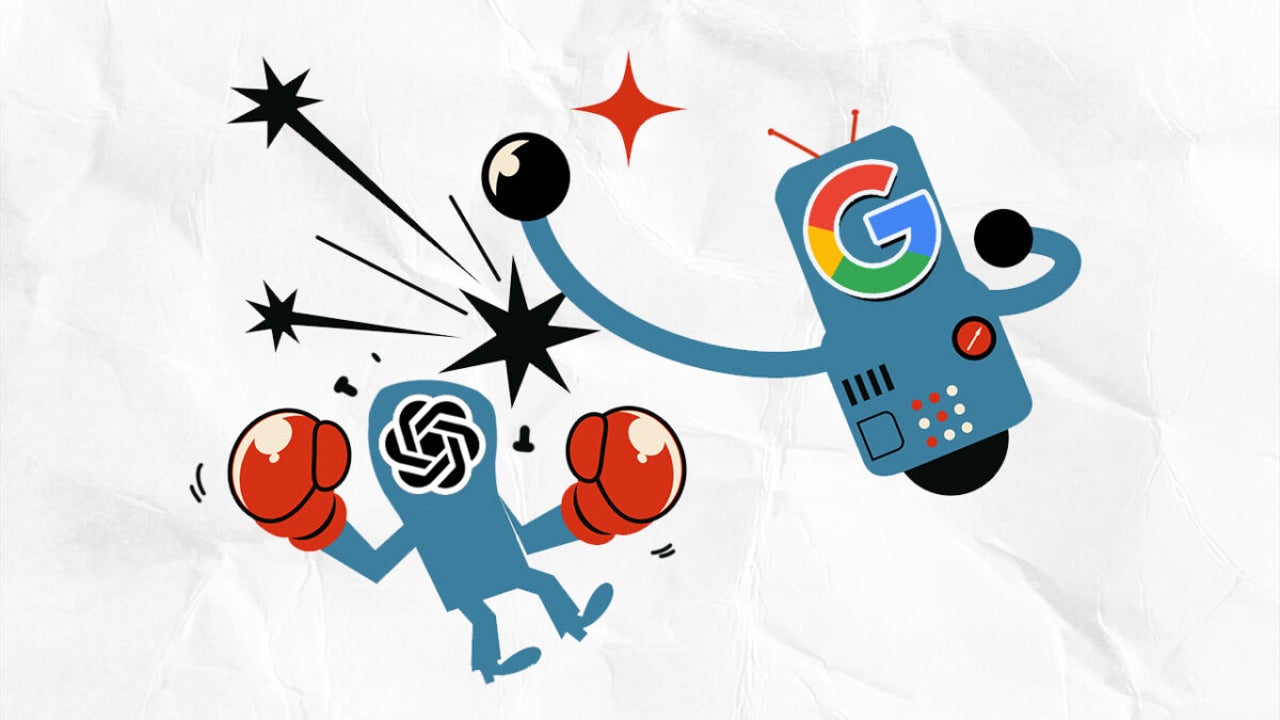News
What are the differences between Google Bard and ChatGPT?
ChatGPT and Bard, Google's chatbot, are very similar to each other. Who will win the battle to be the best?

- February 10, 2023
- Updated: July 2, 2025 at 3:02 AM

We know that Google has been developing its own AI-based models, but no one has been able to test them first hand. However, the announcement of Bard has changed things. Some have already been able to test it and from the looks of it, we are looking at a more than worthy opponent to ChatGPT.
What exactly is Bard?
To sum it up quickly, Bard is Google’s answer to ChatGPT. At the moment, it is an experimental tool that works on the basis of LaMDA, the linguistic model developed by Google itself. LaMDA has proven to be very useful in various research on natural language processing at Google, such as program synthesis, intervention-free learning or style transfer.
Which is better, ChatGPT or Bard?
Although not yet open to the public, a Medium reporter was able to test Bard exclusively and came up with several interesting findings. For starters, the user interface that Bard has is more polished than the one presented by ChatGPT. It uses the Material Design design language, a Google standard for years.
Here we have to take into account the response time. As he explains on Medium, it is “difficult to accurately assess the speed of responses, as it depends on the number of users using both applications”. ChatGPT is used by millions of people concurrently and as a result, the service doesn’t perform as it should: system overload, slow response times, etc. So while Bard is faster at responding, we have yet to see how it would behave in a real-world environment.
In terms of response accuracy, Google has the upper hand here as it is always connected to the Internet. Its answers are more elaborate and its data is more up to date. However, that doesn’t mean it is free of the occasional slip-up. The most notable one occurred during the official presentation of Bard, where users caught an error in one of the answers displayed.
Finally, there is the usefulness of Bard when writing complex texts. Both ChatGPT and Bard are designed to be able to generate writing “from scratch”. On the one hand, Bard is designed for a more academic and correct use of language. Then we have ChatGPT, whose results depend largely on the “demand” we make of it. If we give it a good description or “prompt”, ChatGPT is able to write at the same level as Bard.
So which is the better of the two? Both have their rights and wrongs, but it is still too early to pick a winner. The winner of this battle could only be determined after extensive testing with similar loads. Even so, it seems that for the time being the scales are tipping on Bard’s side. Will ChatGPT be able to overtake Bard in the near future?
Artist by vocation and technology lover. I have liked to tinker with all kinds of gadgets for as long as I can remember.
Latest from María López
You may also like
 News
NewsA hacker threw his Macbook into the river trying to avoid being caught. Of course, they caught him
Read more
- News
20% of purchases during Cyber Week were made thanks to AI
Read more
 News
NewsBefore he died, Christopher Lee watched the best of his movies in the company of the nurses
Read more
 News
NewsGrand Theft Auto will not be set in the future again after the failure of 'GTA 2'
Read more
 News
News'Expedition 33' has already been plagiarized. In China, of course
Read more
 News
News'No Other Choice' has been a box office success, and it is not the only indie film that has managed to rake in a fortune
Read more